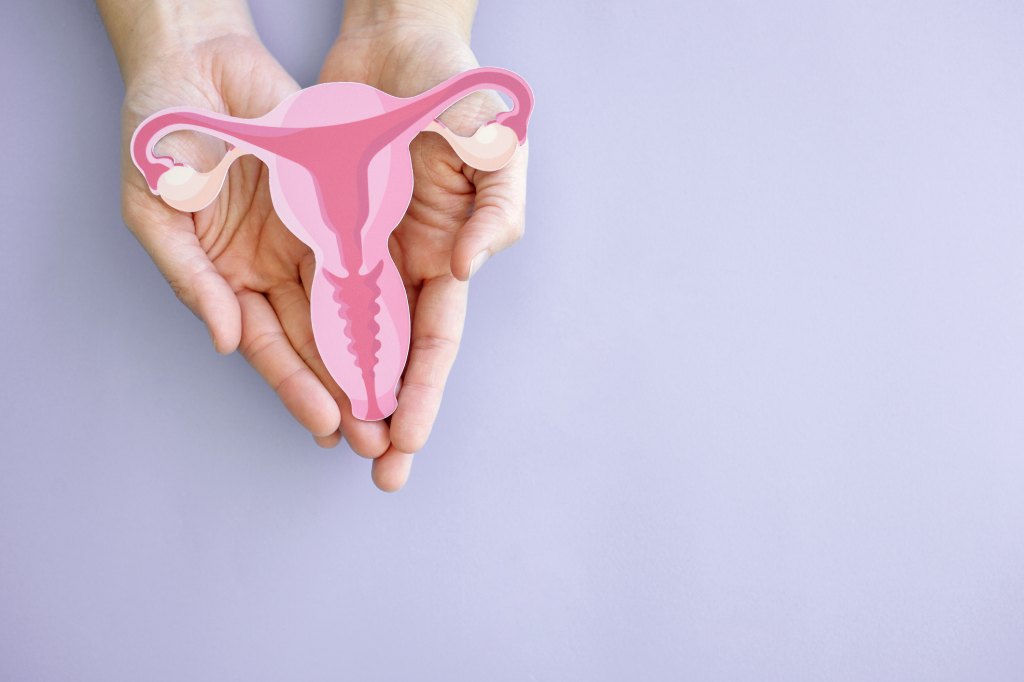Actress Brooke Shields has never been one to shy away from sharing her truth, whether it’s about growing up in the spotlight or her thoughts on aging gracefully. But in her upcoming memoir, Brooke Shields Is Not Allowed to Get Old: Thoughts on Aging as a Woman, the 59-year-old reveals a deeply personal and shocking story about a doctor performing a surgical procedure on her without her consent. Ahead of the memoir’s January 14 release, Shields spoke out about the experience, calling it “such an invasion” and reflecting on the anger she felt in the aftermath. We’re breaking down what happened with Brooke Shield’s surgery and, more importantly, how it can happen to patients.
The nonconsensual procedure that left Brooke Shields reeling
In an exclusive cover story with UsWeekly released Wednesday, Shields recounted how the incident occurred in her 40s when her gynecologist (whom she described as “wonderful”) suggested a labiaplasty to address discomfort and chafing she had experienced since high school. This surgical procedure reduces the size of the labia minora.
Initially, Shields was hesitant. Not only was the procedure not covered by insurance, but she had “heard about porn stars doing this” for aesthetic purposes. But trusting her doctor’s recommendation, Shields consented to the procedure.
However, during a follow-up appointment, her male plastic surgeon informed her he “threw in a little bonus,” as Shields puts it. Aside from her consensual labiaplasty, he had also performed a vaginal rejuvenation—a procedure she had not agreed to. “It felt like such an invasion,” Shields shared, likening the experience to “a bizarre, like, rape of some kind.”
What is vaginal rejuvenation and why is it performed?

According to the Cleveland Clinic, vaginal rejuvenation typically refers to procedures aimed at tightening the vaginal canal or altering the appearance of the vulva. While often marketed as cosmetic, some procedures have medical reasons, such as addressing discomfort or postpartum changes.
It is not uncommon for a plastic surgeon to perform both vaginal rejuvenation and labiaplasty together. However, the two procedures serve different purposes. Performing such a procedure without informed consent raises serious ethical concerns and can have legal consequences. In Shield’s case, the plastic surgeon should have fully explained the procedure, including the “bonus.” Informed consent means that the patient understands and agrees to all procedures being performed.
Shields emphasized that there was no medical necessity for this “irreversible” surgery, and she had never requested it. “Nothing pointed toward this need to be tighter or smaller or firmer or younger, especially there,” Shields told Us. In general, additional nonconsensual procedures aren’t permitted unless of an emergency, life-threatening situation.
The emotional and physical fallout from Shields’ experience
The revelation left both Shields and her gynecologist “dumbfounded” and furious.
She described the aftermath as both emotionally and physically distressing, feeling a profound sense of violation, “anger” and “shame.” Despite her frustration, Shields ultimately chose not to pursue legal action. She explained, “I thought, I don’t want anybody else telling me what I have to do.” Shields also shared that she delayed discussing the incident with others. Even with her husband, producer Chris Henchy, didn’t know immediately, highlighting the stigma and silence often surrounding women’s health issues.
Advocating for informed consent in medicine

Shields’ story sheds light on a broader issue: the lack of autonomy and respect women sometimes face in medical settings. Performing a procedure without consent not only violates ethical standards but also undermines trust in healthcare providers.
Shields acknowledged the courage it took to share her story. In her memoir, she wrote, “I’d be lying if I said I’m not embarrassed to share this very intimate information. But, if we are to change the way we approach and talk about women’s health, then we need to bring up the uncomfortable but very real issues. Shame is no longer an option.” By speaking out, she hopes to encourage other women to prioritize their autonomy and voice their concerns without fear of judgment.
This content is not a substitute for professional medical advice or diagnosis. Always consult your physician before pursuing any treatment plan.




